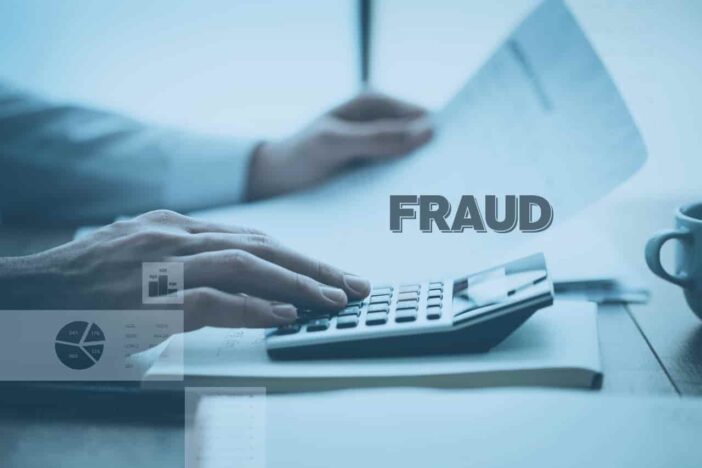Chargeback fraud, also known as friendly fraud, occurs when consumers falsely seek a refund through the chargeback process.
Instead of contacting the retailer directly for a refund, customers file a chargeback with their bank, kicking off the chargeback procedure.
Some consumers might fraudulently claim that the product they ordered was defective or not delivered at all or claim they did not authorize the transaction or requested the cancellation of a recurring transaction but were still charged.
Whatever justification they state, chargeback fraud occurs when the true motive is something altogether different.
Read this guide for all you need to know about chargeback fraud and how to prevent it effectively.
Why do consumers commit chargeback fraud?
There are numerous reasons why consumers may conclude that challenging the transaction with their bank is preferable to having that conversation with the business directly.
Although, they are, most of the time, correct in their assumption.
Consumer disputes are frequently the consequence of the cardholder’s desire to receive anything for free, their total lack of understanding of the process, buyer’s remorse, forgetting they made the transaction, or the fact that a family member made an unauthorized purchase using their card.
They may have even attempted to receive a refund from a retailer, only to discover that the arbitrary refund time limit has passed.
Why do Chargeback Fraud Succeed: Reason Codes
The difference between the valid reasons a consumer is challenging a transaction and the claims they tell the bank is frequently insignificant because the bank has no method of determining the reality of the reasons they are given.
Banks simply give reason codes based on the information provided by the consumer, and businesses frequently accept these numbers at face value.
Identifying the difference between chargeback fraud and a genuine dispute has historically been difficult, and it is frequently not worth the time and potential unfavorable customer relations to challenge.
eCommerce merchants are most vulnerable due to the number of online purchases and the relative anonymity of internet buying.
Why Should All Retailers Fight Chargeback Fraud?
Chargeback fraud harms not only individual businesses but the entire eCommerce chain (among others).
It has devolved into a vicious circle between banks, cardholders, and retailers that will not be interrupted until retailers push back.
Banks do not have the resources to investigate all cardholder disputes for validity.
Retailers rarely dispute chargebacks, making banks even more hesitant to enact stricter measures to avoid fraudulent chargebacks.
In fact, most businesses have just accepted chargebacks as a cost of doing business up to this point.
While retailers may consider ignoring chargebacks as a cost-benefit analysis, banks see it as an acceptance of guilt, which continually makes them even less motivated to investigate the authenticity of future chargebacks against these merchants.
Conclusion
Chargeback fraud was once considered a cost of doing business, but retailers now have the option of combating these practices.
Always make efforts to ensure your customers understand what they are paying for and what to expect to keep your chargeback rate to a bare minimum. Be open and honest about your services, goods, and costs.
Aside from that, be creative and conduct studies on your customer behavior.
If there was a surge in chargebacks within a specific period, something might be wrong with your goods. Observing consumer behavior can help you avoid numerous chargebacks.





